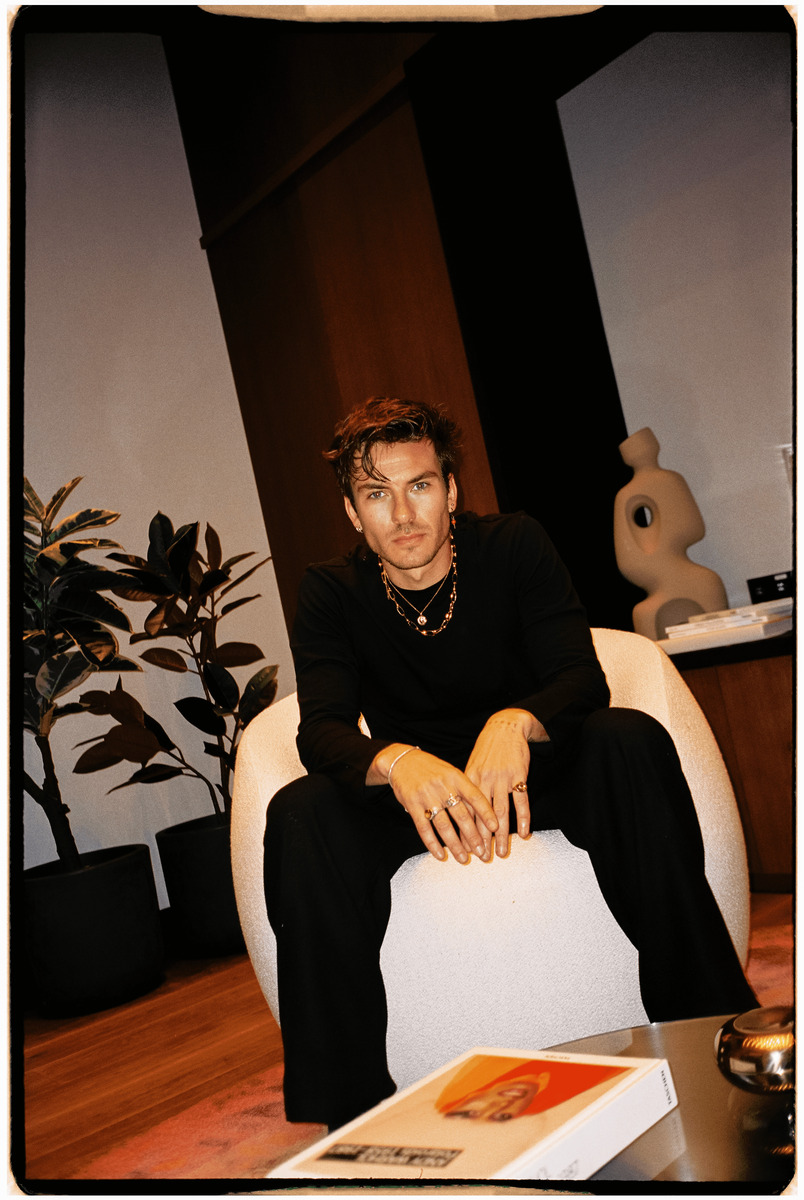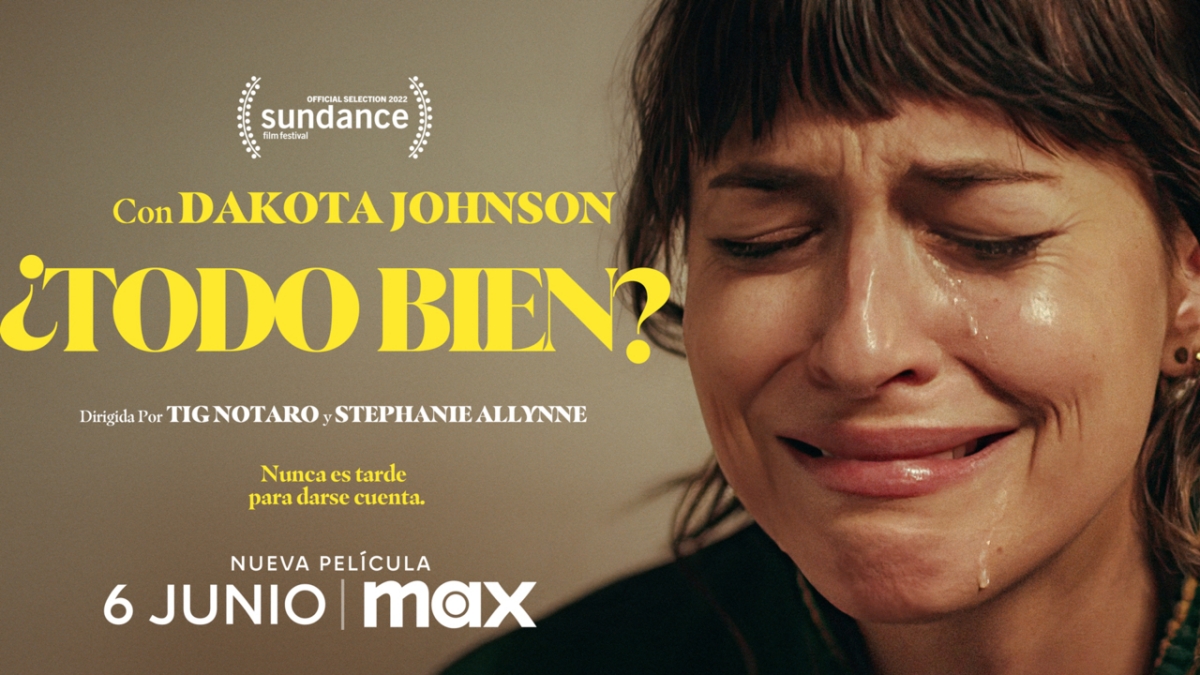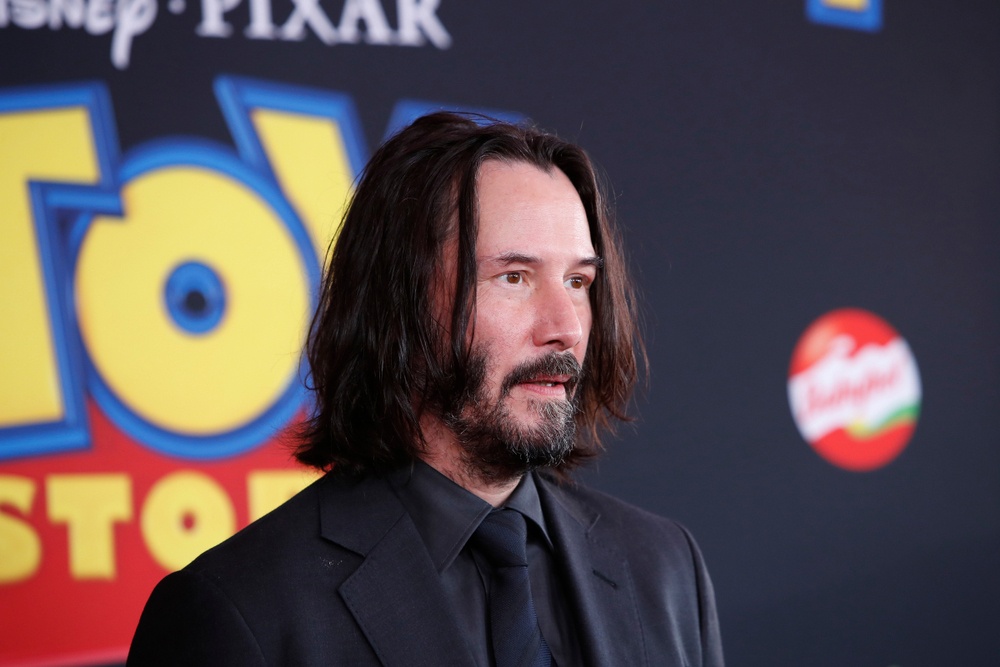
Keanu Reeves
According to Keanu Reeves himself, he did not want to make the film The Watcher (2000) because he did not like the script or the character of a serial killer that was offered to him. However, he was tricked by a friend of his who was the producer of the film and who forged his signature on a binding contract. Reeves learned that he was committed to making the film when it was too late to turn it down. In addition, he felt betrayed by his friend and by director Joe Charbanic, who was also an acquaintance of his and who used images of Reeves in the trailer without his permission. Reeves decided to fulfill his obligation and make the film, but refused to promote it or participate in the advertising campaign. He also sued his producer friend and the studio for fraud and damage to his image. The film was a critical and public failure and Reeves said it was one of the worst experiences of his career.
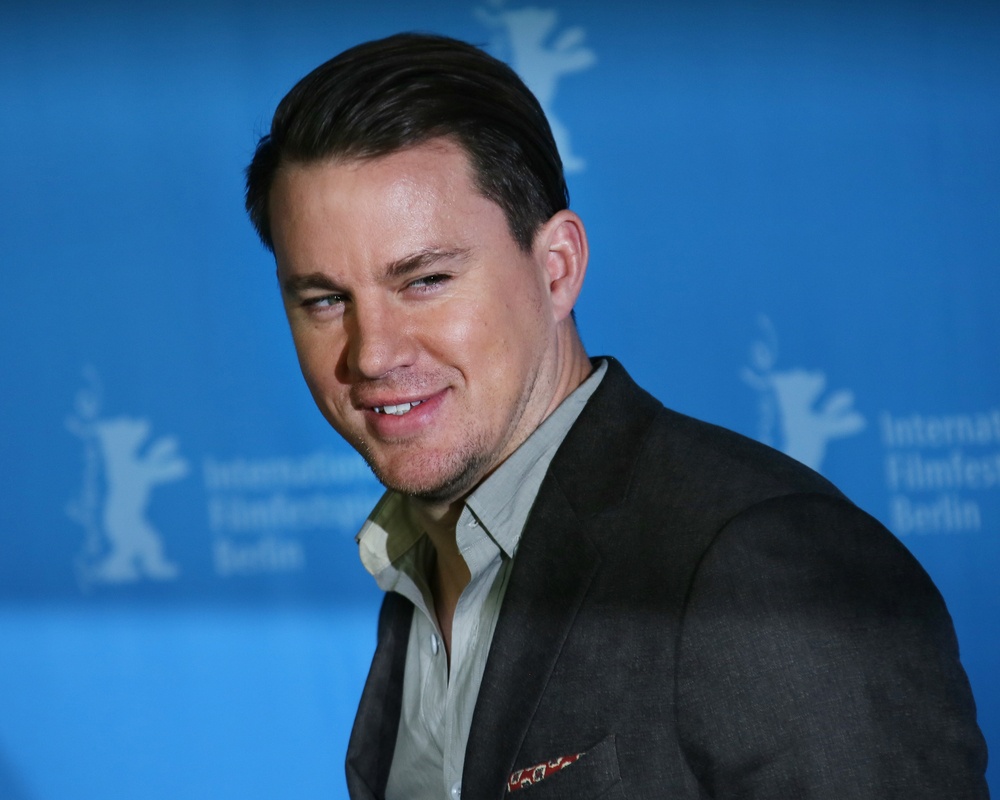
Channing Tatum
According to Channing Tatum himself, he did not want to participate in the movie G.I. Joe: The Rise of Cobra (2009) because he did not like the script and did not feel identified with the main character. However, he was forced to do so because he had signed a three-picture contract with Paramount when he was a rookie actor and had no option to turn down the role. Tatum confessed that he hated the film and only did it to fulfill his legal commitment. In addition, he tried to have his character killed off in the sequel G.I. Joe: Retaliation (2013), but ultimately only appeared briefly at the beginning of the film. Tatum expressed regret for agreeing to the contract and said he preferred to make more personal and creative films than big Hollywood franchises.
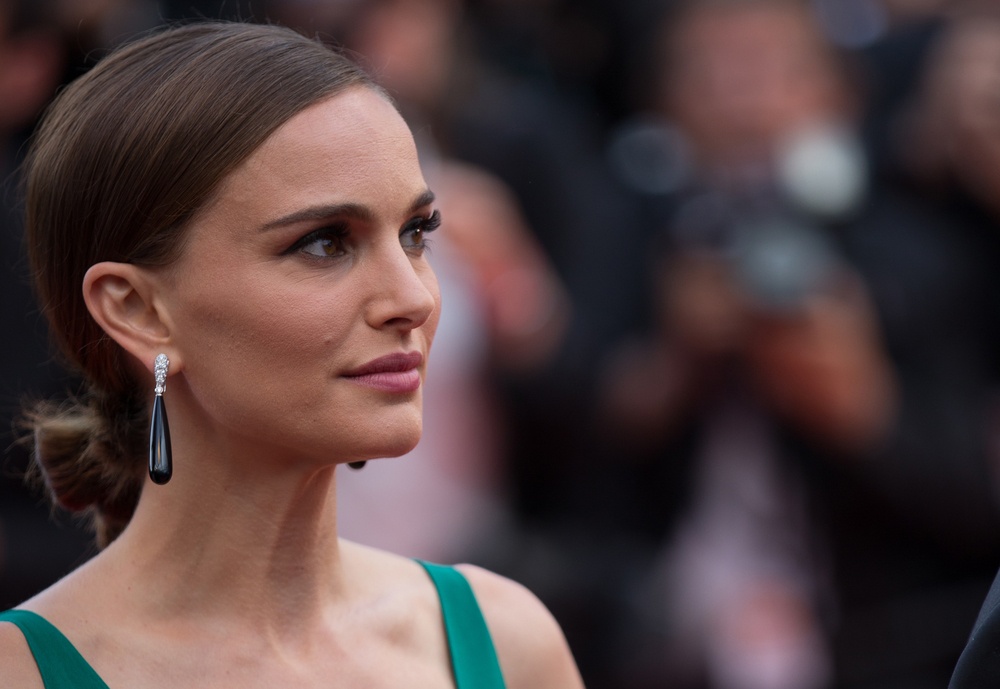
Natalie Portman
Natalie Portman did not want to be in the Thor films because she was unhappy with the director change that occurred on Thor: The Dark World (2013). Originally, the film was to be directed by Patty Jenkins, the first woman to direct a superhero film, but she was replaced by Alan Taylor due to creative differences with Marvel. Portman, who had accepted the role of Jane Foster because of her admiration for Jenkins, was disappointed and frustrated by the decision. In addition, Portman wanted to focus on other, more personal projects and get away from the big Hollywood franchises. That is why she did not appear in Thor: Ragnarok (2017), although it was mentioned that her character had broken up with Thor. However, Portman decided to return to Marvel for Thor: Love and Thunder (2022) after Taika Waititi offered her the opportunity to play the female version of Thor, based on Jason Aaron’s comics. Portman was enthusiastic about the challenge and the vision of the New Zealand director, who promised to give her more prominence and depth to her character.

Emily Blunt
Emily Blunt did not want to do the movie Gulliver’s Travels (2010) because she had another more interesting project in mind: the superhero movie Iron Man 2 (2010), where she was going to play Natasha Romanoff / Black Widow. However, she was forced to turn down the role because she had a contract with 20th Century Fox that prevented her from participating in other competing films. Blunt had to honor her commitment and make the film of Gulliver’s Travels, where she played Princess Mary of Lilliput, the love interest of Jason Segel’s character. The film was a critical and audience flop and Blunt expressed her disappointment at missing out on the opportunity to be part of the Marvel Cinematic Universe. Blunt said she didn’t like the script of Gulliver’s Travels and didn’t feel comfortable doing a family comedy. She also said she didn’t have chemistry with Segel and didn’t enjoy working with director Rob Letterman.
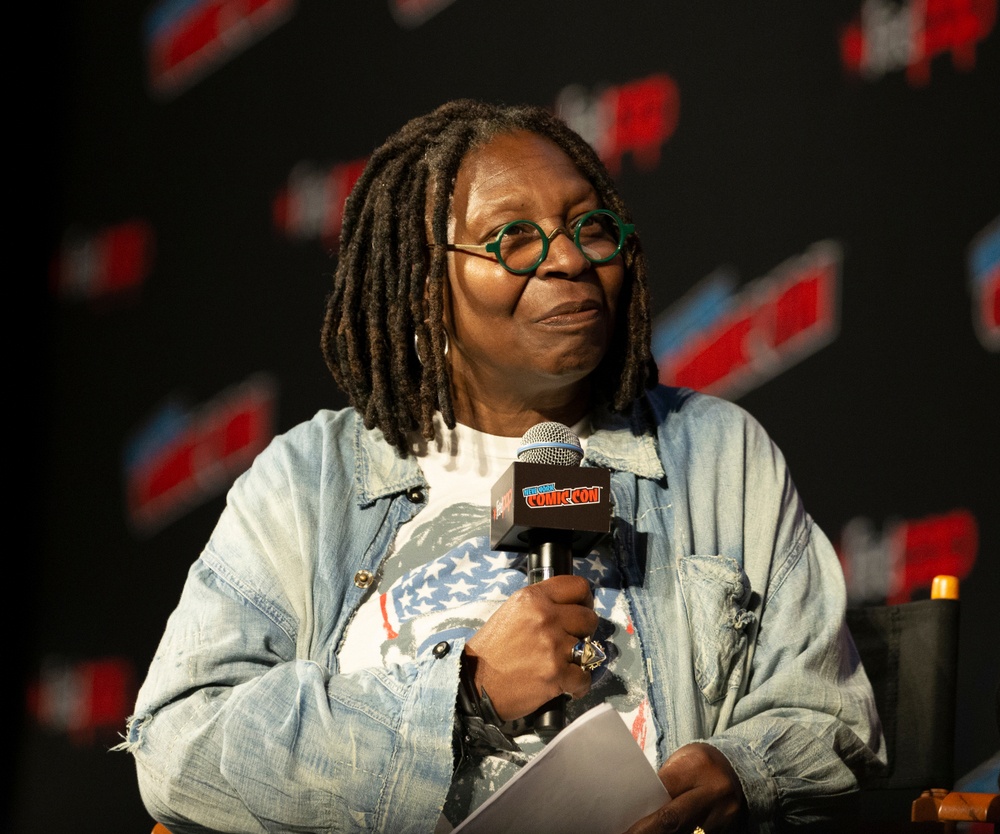
Whoopi Goldberg
Whoopi Goldberg did not want to make the movie Theodore Rex (1995) because she thought it was an absurd and ridiculous idea: a science fiction comedy where she had to play the partner of a talking dinosaur. However, she was forced to make it because she had signed a contract with the production company New Line Cinema and could not break it without facing a million-dollar lawsuit. Goldberg tried to get out of the project and went so far as to offer the producers money to leave her alone, but they refused and threatened to sue her for $20 million if she did not honor her commitment. Goldberg had no choice but to accept and make the film, but she did so reluctantly and with a hostile attitude towards director Jonathan Betuel and the rest of the crew. The film was a critical and public disaster and was never released in theaters, but directly on video. Goldberg said he regretted making the film and that it was one of the worst experiences of his life. The film also earned her a Razzie nomination for Worst Actress.
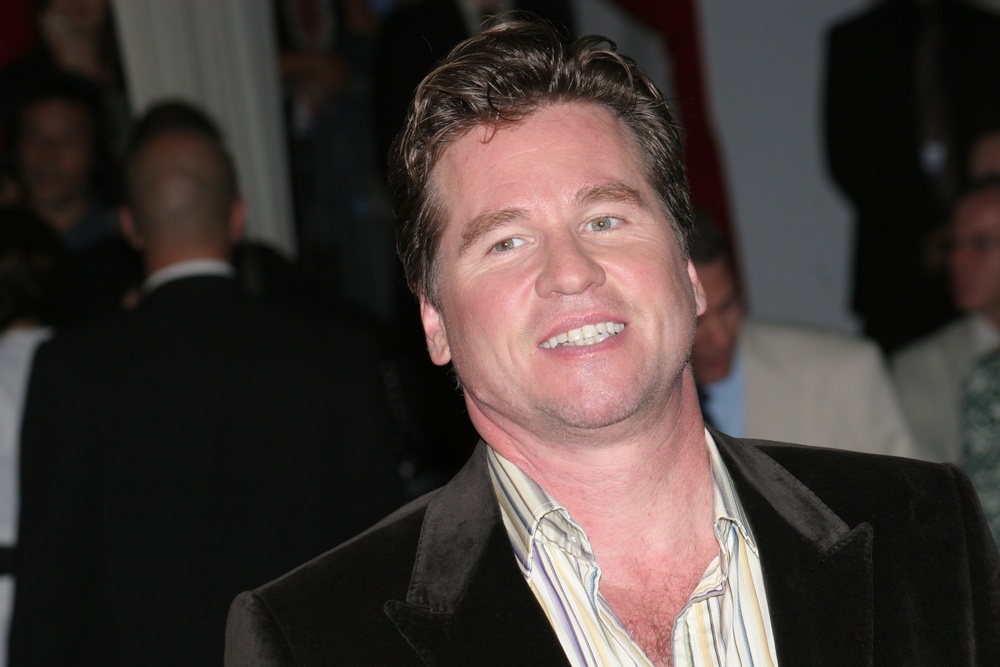
Val Kilmer
Val Kilmer did not want to do the movie Top Gun (1986) because he was not interested in the plot or the character of Tom «Iceman» Kazansky, Maverick’s (Tom Cruise) rival. However, he was forced to do it because he had a contract with Paramount Pictures and could not turn down the role. Kilmer said he did not enjoy making the film and did not get along with Cruise or director Tony Scott. He also said he was uncomfortable with the action scenes and the military setting of the story. Despite his reluctance, Kilmer agreed to reprise his role as Iceman in the sequel Top Gun: Maverick (2021), albeit only in a brief appearance. Kilmer said he did so out of respect for fans and nostalgia for his youth. He also said he reconciled with Cruise and admired his work as a producer and actor.

Edward Norton
Edward Norton did not want to make The Incredible Hulk (2008) because he did not agree with the final cut of the film and the creative vision of Marvel Studios. Norton had rewritten Zak Penn’s original script and wanted to make a darker, deeper film about the Bruce Banner / Hulk character, but the studio preferred to make a lighter, more commercial film. Norton refused to promote the film and was replaced by Mark Ruffalo in the following Marvel Cinematic Universe films. In addition, he also did not want to make the film The Italian Job (2003) because he was not interested in the action genre and because he had other more ambitious projects in mind. Norton had signed a three-picture contract with Paramount Pictures when he was a rookie actor and had no option to turn down the role of Steve, the villain who betrays his partners and takes the gold. Norton said he did not enjoy making the film and did not get along with director F. Gary Gray or actors Mark Wahlberg and Charlize Theron. Norton refused to promote the film and was sued by the studio for breaching his contract.
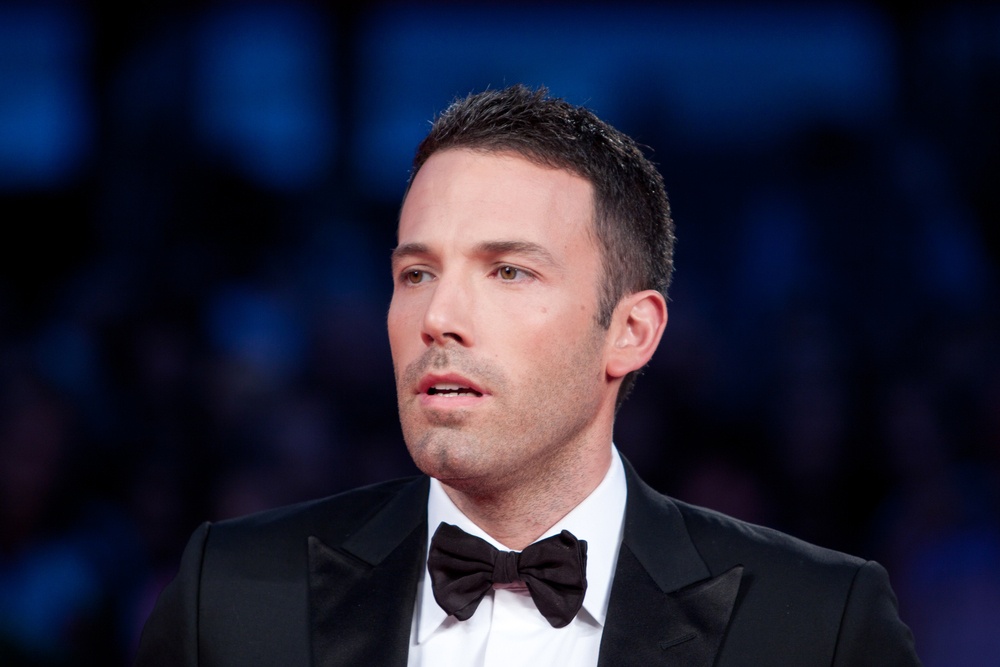
Ben Affleck
Ben Affleck did not want to do any more Batman movies because he was tired of the pressure and criticism he received for his portrayal of the character in Batman v Superman: Dawn of Justice (2016) and Justice League (2017). Affleck also had personal problems such as his divorce and alcohol addiction, which took a toll on his mental and physical health. Affleck had signed a contract to star in, direct and write a solo Batman movie, titled The Batman, but eventually resigned from the project and was replaced by Matt Reeves as director and Robert Pattinson as actor. Affleck said he didn’t feel capable of making a good Batman movie and preferred to focus on other more personal and creative projects. However, Affleck decided to return to play Batman in a brief appearance in the film The Flash (2022), which is based on the concept of the multiverse and will feature other actors who have brought the character to life, such as Michael Keaton. Affleck said he accepted the role out of respect for fans and because of his friendship with director Andy Muschietti and actor Ezra Miller.
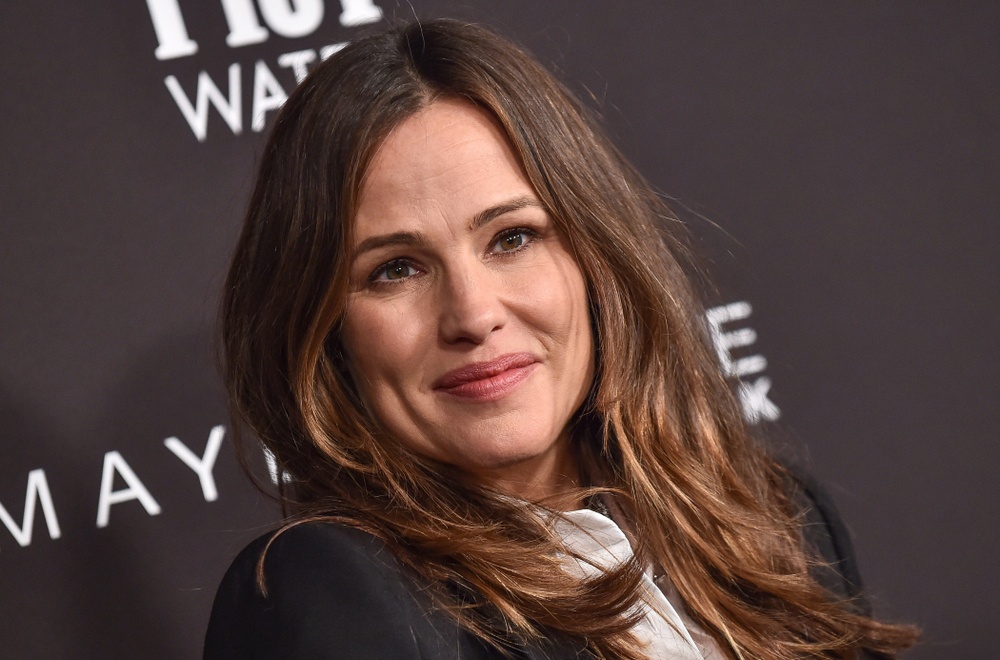
Jennifer Garner
Jennifer Garner did not want to make the movie Elektra (2005) because she was not satisfied with the result of Daredevil (2003), where she played for the first time the character of the ninja heroine. However, she was forced to make it because she had a contract with the production company 20th Century Fox and could not break it without facing a lawsuit. Garner said she didn’t like Elektra’s script and didn’t feel comfortable with the action scenes and the tight costume she had to wear. She also said she felt pressured by the studio to make a film that was more commercial and less faithful to Frank Miller’s original comic book. The film was a critical and public flop and Garner expressed disappointment that she made the film and wasted the opportunity to give her character more depth and charisma. The film also earned her a Razzie Award nomination for Worst Actress.
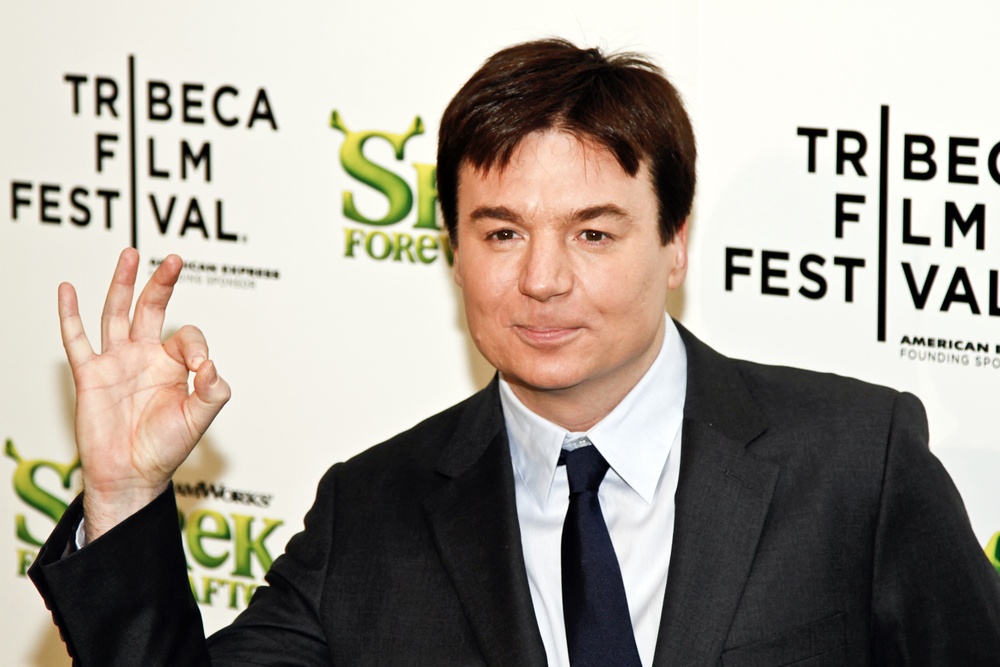
Mike Myers
Mike Myers did not want to make the movie The Cat in the Hat (2003) because he did not like the script or the character of the cat, a mischievous and chaotic being who wears a striped hat and a red bow. However, he was forced to do it because he had a contract with Universal Pictures and could not turn down the role. Myers said he did not enjoy making the film and did not get along with director Bo Welch or actors Dakota Fanning and Spencer Breslin. He also said he was uncomfortable with the cat’s makeup and costume, which caused allergies and vision problems. Myers refused to promote the film and was sued by the studio for breaching his contract. The film was a critical and public flop and Myers received criticism for his performance as the cat, which was considered over-the-top and annoying. The film also earned him a Razzie Award nomination for Worst Actor.
